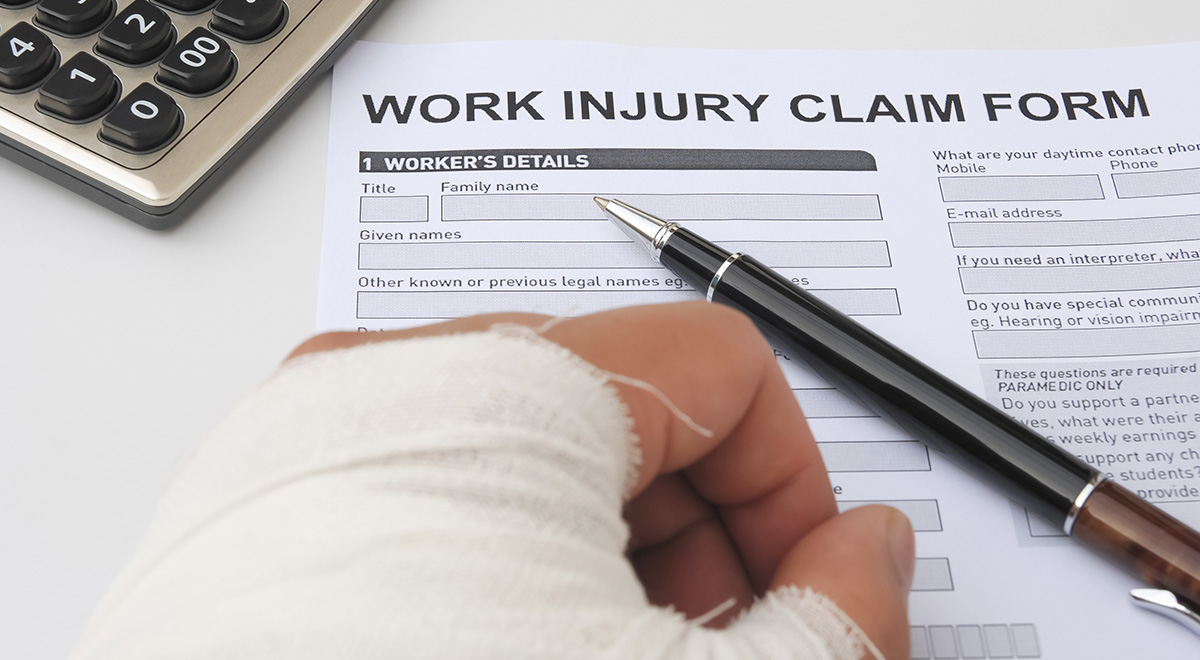Across Australia, the rise in psychological workplace injury claims in proportion to physical injury claims is dramatically increasing.
The State Insurance Regulatory Authority of NSW (SIRA) has observed a significant trend where psychological injury claims have surged by 30% over the past four years, compared to an 11% increase in physical injury claims during the same period.
This alarming disparity has led to a stern warning from SIRA, signalling that businesses should brace themselves for more rigorous compliance checks, and potential legal action if they fail to address and improve their workplace practices.
It is worth noting, however, that certain activities essential to conducting business may inherently carry risks of psychological injury, despite an employer’s best efforts to act reasonably and ensure safety of their employees.
In these specific situations, under Section 11 A of the Workers Compensation Act of 1987, if an employer can demonstrate that they have acted reasonably and followed all appropriate safety measures throughout the process, a claimants pursuit of damages for injury may be declined.
The 1987 Act defines a psychological injury as a psychological or psychiatric disorder, extending to include the physiological effect of such a disorder on the nervous system.
Simply being upset, hurt or even humiliated does not qualify as a psychological injury. A physiological effect must also result. Essentially that requires psychological/psychiatric diagnosis.
Psychological injuries may be the result of:
- a traumatic event such as a robbery or witnessing a fatality, or
- the workplace environment – interpersonal conflict, overwork and lack of training or resources, poor work processes or poor supervision, poor performance management, disciplinary action, job transfer, promotion, demotion, retrenchment, dismissal or the provision of employment benefits
When relying on a defence under section 11A, it is important to know exactly what that section states:
“No compensation is payable under this Act in respect of an injury that is a psychological injury if the injury was wholly or predominantly caused by reasonable action taken or proposed to be taken by or on behalf of the employer with respect to transfer, demotion, promotion, performance appraisal, discipline, retrenchment or dismissal of workers or provision of employment benefits to workers.”
Ultimately, many section 11A defences fail. There are several reasons for this;
- Firstly, it is important to note that alleged injuries may frequently result from several work-related events, some of which may not be covered by the relevant section. Consequently, an employer may be unable to demonstrate that the conduct outlined in section 11A was the predominant cause of the employee’s condition.
- Secondly, it can be difficult to demonstrate that the relevant section 11A action was reasonable in the circumstances.
- Finally, such a defence will almost certainly fail if the worker was the subject of any bullying, harassment, intimidation, discrimination or unfair treatment at work.
Furthermore there is also a line of authority that permits workers to argue they have suffered a work-related psychological injury based on their perception of work events.
- For example, employers take their employees as they find them. There is an “eggshell psyche” principle which is the equivalent of the “eggshell skull” principle. (The rule implies that if a victim has a skull that is as fragile as an egg shell and damage is caused to that persons head by another; the fact that the victims head was fragile is not relevant for determining damages payable.)
- A perception of real events, which are not external [or imagined] events, can satisfy the test of injury arising out of or in the course of employment.
- If events which actually occurred in the workplace were perceived as creating an offensive or hostile working environment, and a psychological injury followed, it is open to the Commission to conclude that causation is established.
- If the events within the workplace were real, rather than imaginary, it does not matter that they affected the worker’s psyche because of a flawed perception of those events because of a disordered mind.
- There is no requirement at law that the worker’s perception of events must have been one that passed some qualitative test based on an “objective measure of reasonableness.”
- It is not necessary that the worker’s reaction to the events must have been “rational, reasonable and proportionate” before compensation can be recovered.
In summary, it is truly imperative that a business engages a specialist workers’ compensation insurance broking partner to help them effectively manage workplace psychological injuries, and provide the appropriate guidance needed to manage this multifaceted and complex process.
Please reach out to our team or Daniel Burton or Craig Windeyer individually to discuss further.
References:
https://data.safeworkaustralia.gov.au/insights/key-whs-stats-2023





